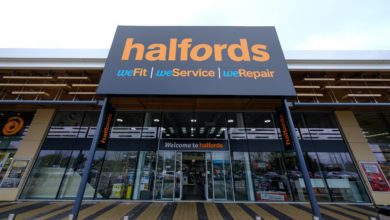
It seems like there’s a gold rush at the moment for warehouse and fulfilment space as online retailers and direct-to-consumer operators wrestle for every last inch of viable commercial space across the UK.
You'll need to
subscribe to unlock this content. Already subscribed? Login?







